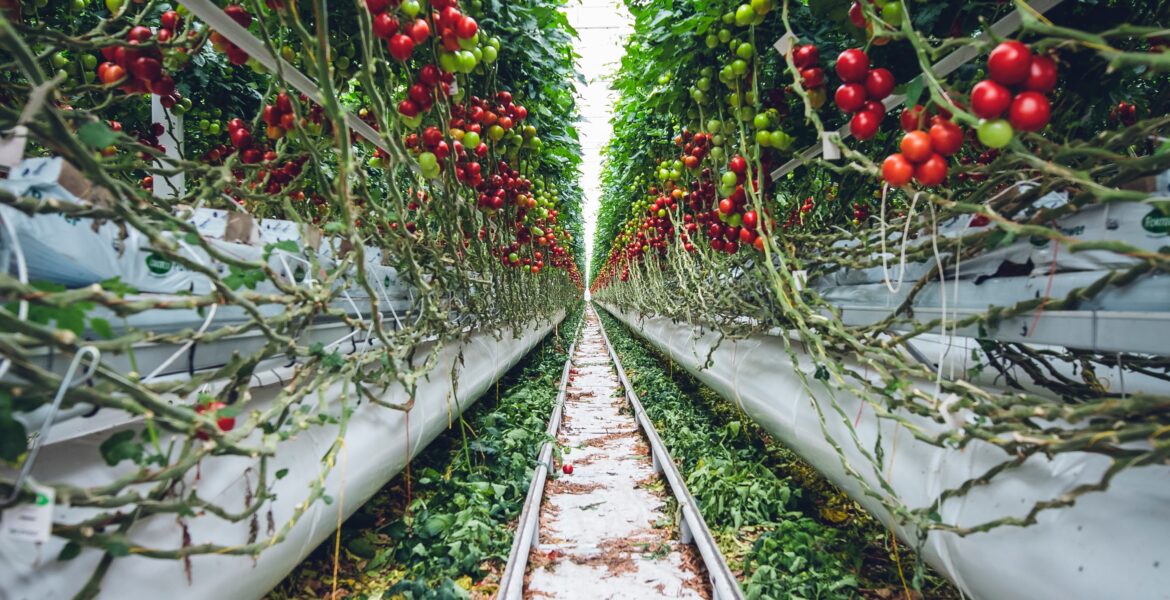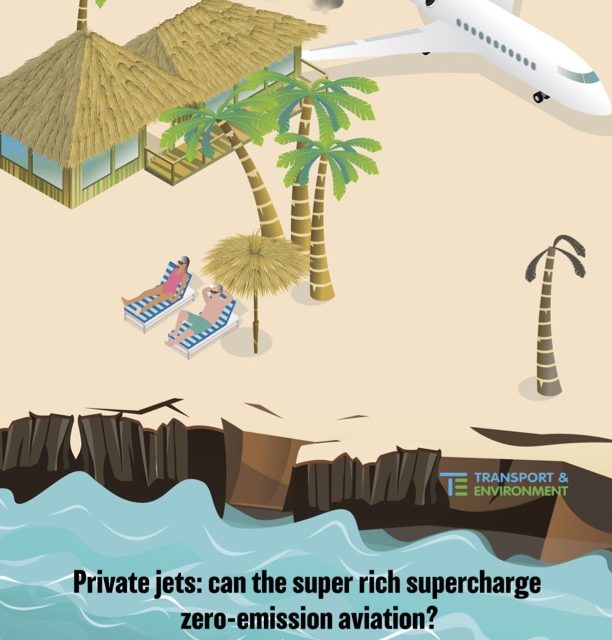Photo by Markus Spiske on Unsplash
Climate change is an existential risk and depending on fossil resources is only likely to worsen the situation.
At the same time the European economy has been affected by a pandemic and the war in Ukraine.
This all begs the question: How can Europe transition to a lowcarbon economy while continuing to ensure economic growth?
Some argue that a sustainable and “circular” bioeconomy can contribute to addressing these challenges.
Crops, forests, animals and microorganisms all offer the potential for conversion into materials, food, bioenergy, and other bio -based products.
In the bioeconomy, these renewable biological resources, along with waste from households and industrial processes, replace existing, nonrenewable sources of raw materials for fuel, energy and manufacturing.
Circular bio-based industries produce sustainable bio-based materials, products and ingredients from renewable resources, including agriculture, the food industry, wood sidestreams and waste.
This,it could be argued, is an essential development for a sustainable future and key to addressing the world’s current environmental challenges.
Which brings us to something called the Circular Bio-based Europe Joint Undertaking (CBE JU), a public-private partnership that funds projects deploying competitive, sustainable, and circular bio-based industries in Europe.
The CBE JU is a €2 billion partnership between the EU and the Bio-based Industries Consortium that funds projects advancing competitive circular bio-based industries in Europe.
CBE JU operates under the rules of Horizon Europe, the EU’s pioneering research and innovation programme, for the 2021-2031 period.
It recently hosted a major conference in Brussels (6 December) on the bioeconomy.
The two day event heard that by combining private and public investment, CBE JU has managed to simultaneously reduce the risk of investing in cuttingedge technologies while adding the skills and knowledge necessary to fulfil market demands.
Its flagship projects – “first-of-their-kind”, large scale production facilities in Europe – provide support for designing and constructing novel, commercialscale biorefineries.
Projects include:
- the Afterbiochem biorefinery at Saint-Avold in France (CBE JU funding: €20 million).
The EU is the world’s largest producer of sugar beet and the sector currently supports 140,000 sugar beet growers and around 27,000 direct jobs in sugar beet processing. This project is building the first allinone biorefinery for transforming the sugar industry’s sidestreams – mainly pulp and non-food waste – into bio-based molecules. This will increase the economic and environmental sustainability of the sugar beet industry and the process is flexible enough to adapt to alternative feedstocks in the future;
- Circular biocarbon biorefineries at Zaragoza in Spain & Sesto San Giovanni in Italy (CBE JU funding: €15 million).
Despite huge advances in waste recycling in recent decades, some waste is not recovered as efficiently as it could such as
This flagship project is building two first-of-their-kind biorefineries converting waste into valueadded products.Organic waste that currently goes to landfill and incineration will be reduced and it will also cut greenhouse gas emissions, notably methane and carbon dioxide.
- the Lignoflag biorefinery at Podari in Romania (CBE JU funding: €24.7 million).
Straw is a common waste generated by agriculture. Until now, farmers have relied on traditional and inefficient uses of straw. This project has built the first biorefinery in the world producing biobased ethanol from non-food resources. The carbon footprint is much lower than fossil fuels, representing greenhouse gas savings that could reach up to 95%.Completion of the biorefinery has added alternative income sources for the 300 farmers in the region who will supply straw.
As such projects highlight, the elements for a sustainable European bioeconomy are increasingly in place and these already represent an important contribution to the EU economy, responsible for nearly 5% of the EU’s GDP and almost 9% of the workforce.
The bio-based economy has encouraged investments and created new employment opportunities, many being new, highly skilled jobs in remote, rural, and coastal areas where many resources and biomass are located.
Therefore, real potential exists to revitalise areas of Europe affected by young people’s economic migration to search for jobs and opportunities.
CBE JU-funded flagship projects are also helping to create and increase the tangible impact of Green sectors.
They also have a high socio-economic impact, as the first 13 flagship projects have:-
• Created over 20,000 direct and indirect jobs
• Attracted €5.2 of private investment per each €1 of CBE JU funding, reaching a total of €1.3 billion in private investment, and
• Demonstrated a high replicability potential in other region and countries.
Looking to the future, recommendations from the CBE JU forum in Brussels earlier this months hope to inform policy makers, including MEPs, about both challenges and opportunities of the booming bioeconomy sector.




